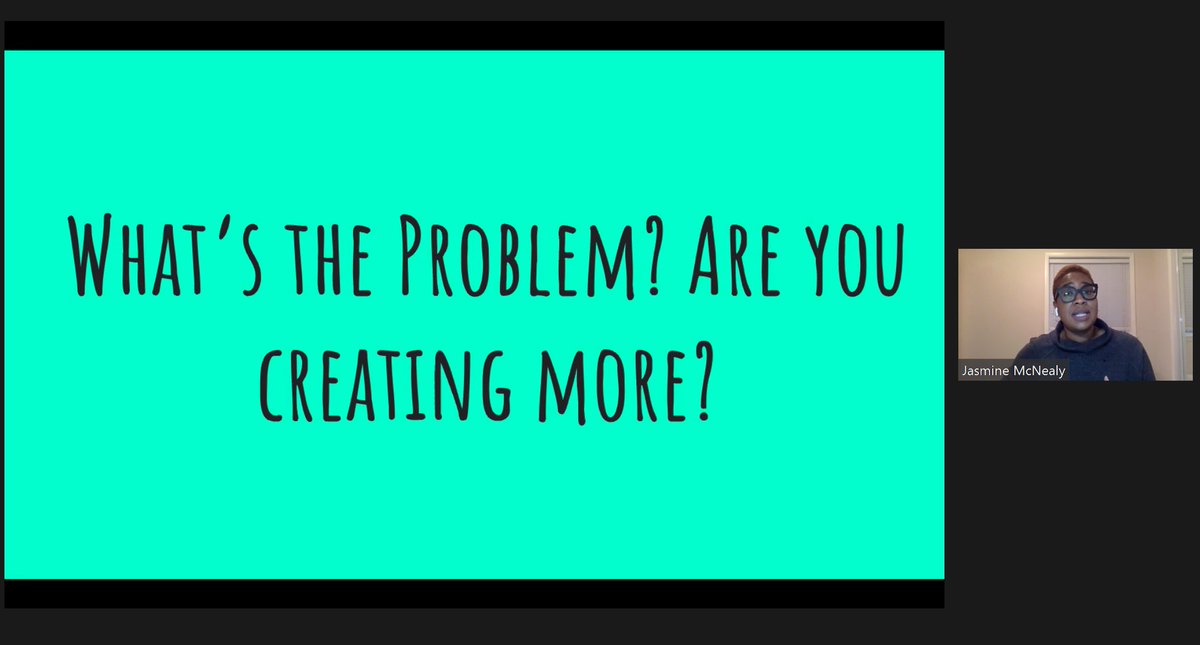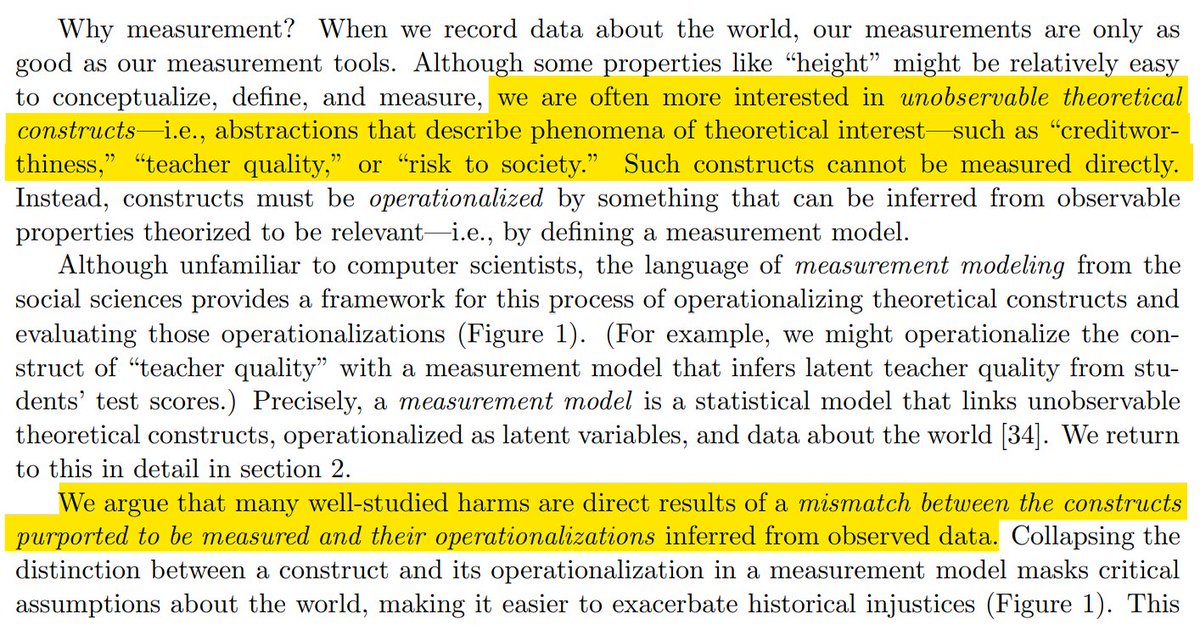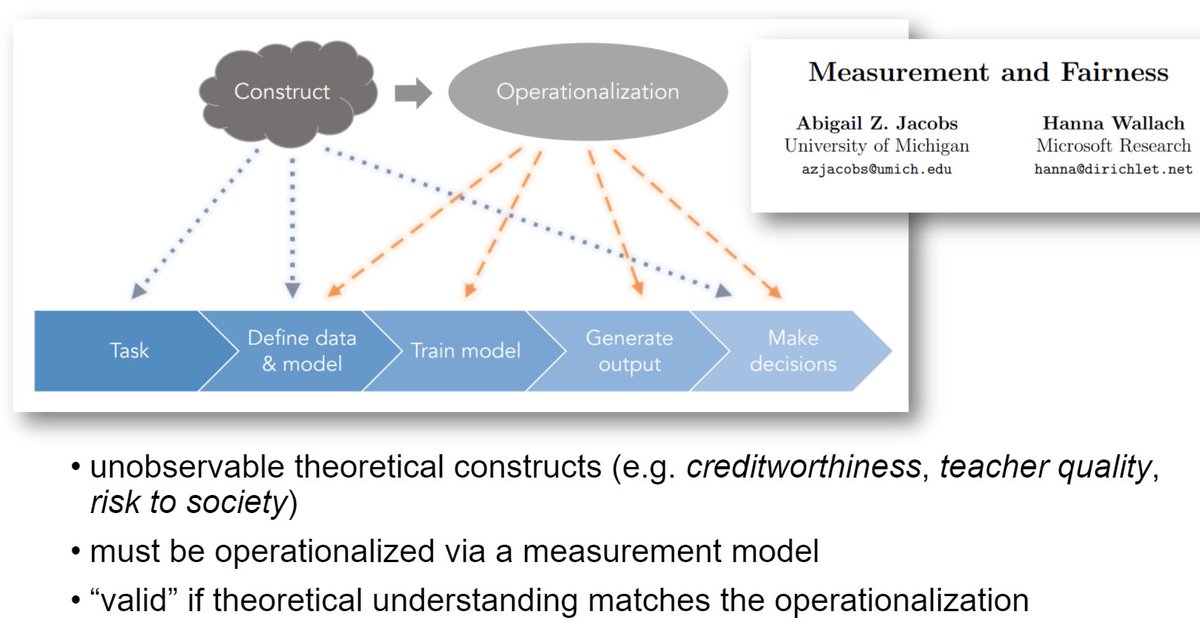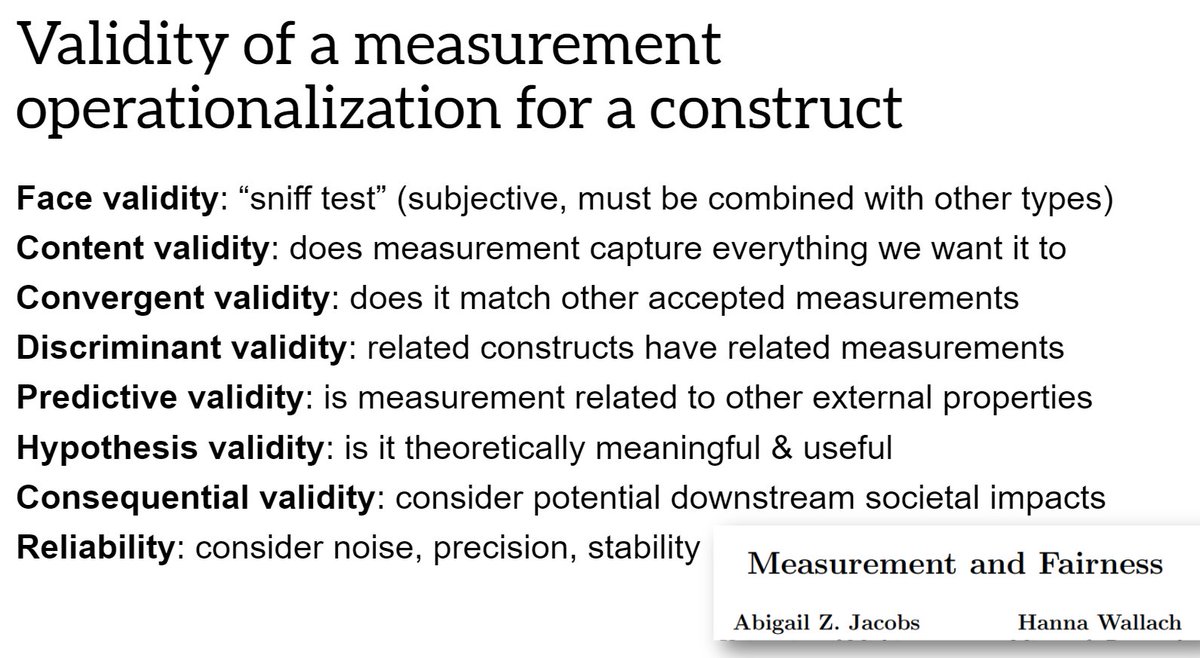
To rush CS students through simplified, condensed overviews of ethical understanding & position them to be the primary arbiter of change promotes engineers' inclination towards seeing themselves as solitary savior, to the detriment of the quality of the solution. 1/ 

Incidents of algorithmic misuse, unethical deployments, or harmful bias cannot be addressed by developing moral integrity at an individual level. The current issues are the result of collective failure. 2/
@rajiinio @morganklauss @amironesei
@rajiinio @morganklauss @amironesei
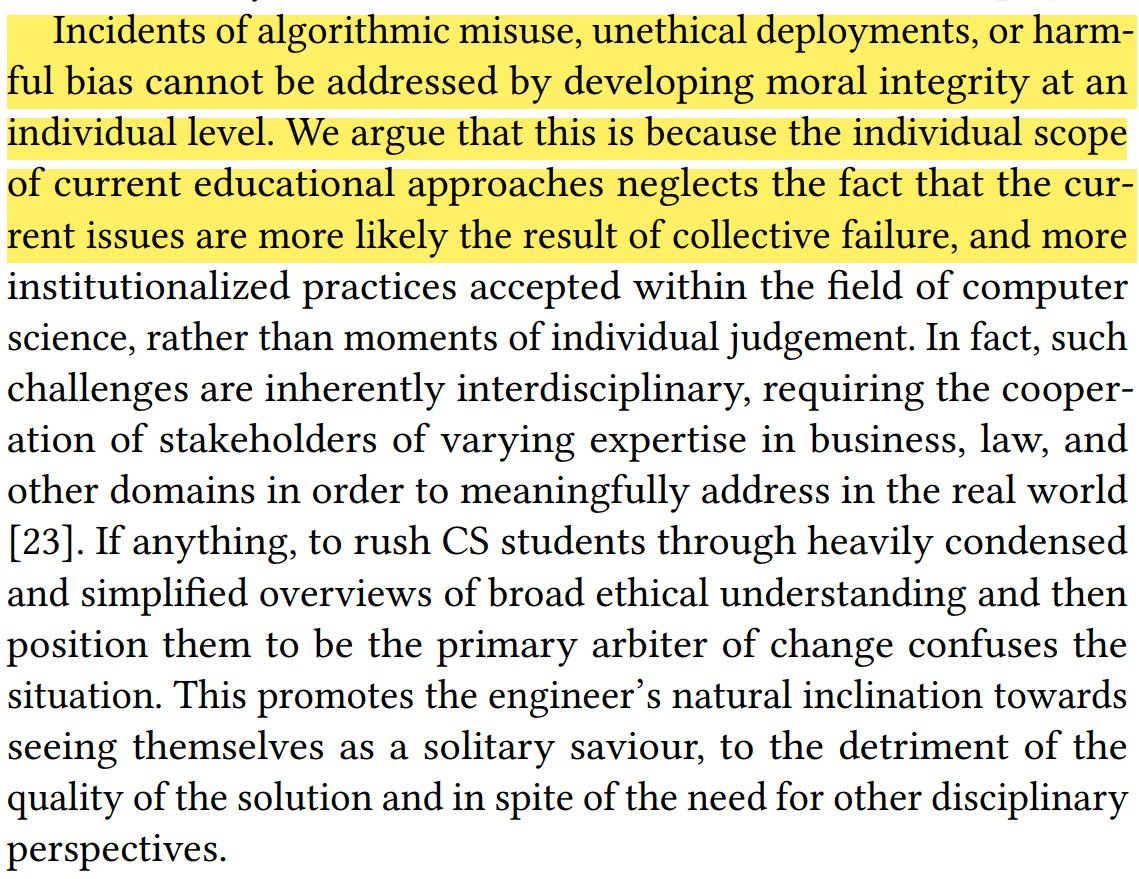
Less about a single engineer’s efforts to enforce their understanding of diverse representation into the model, and more about a form of participatory design where other stakeholders are actively & humbly welcomed to join in creation of more just & equitable systems 3/ 

For most modern disasters, responsibility lies somewhere between individual agency and bureaucratic control... In actuality, an ethical challenge would not get resolved by an individual or even a group of technologists but will require an inherently interdisciplinary effort. 4/ 
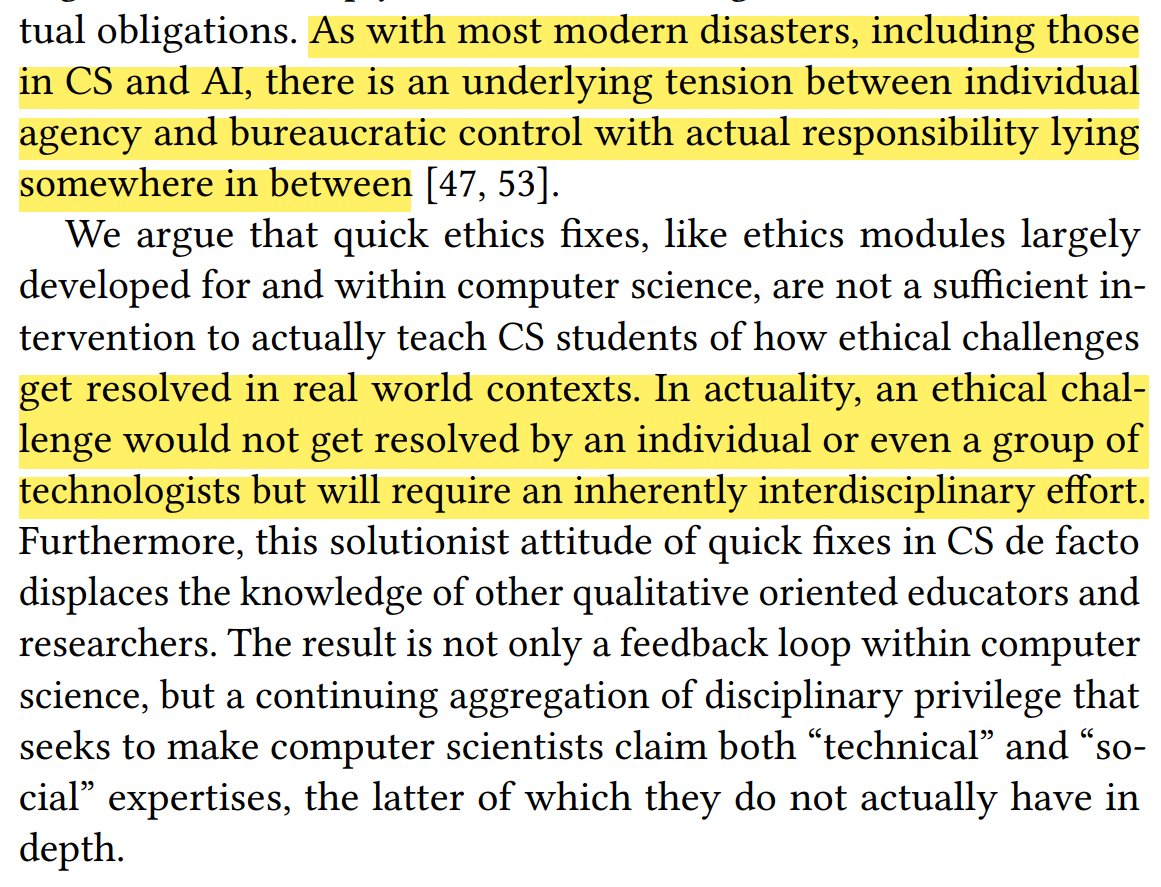
“You Can’t Sit With Us”: Exclusionary Pedagogy in AI Ethics Education by @rajiinio @morganklauss @amironesei
dl.acm.org/doi/10.1145/34…
dl.acm.org/doi/10.1145/34…

The lack of cross-citation across disciplinary lines (found in analysis of 254 AI ethics syllabi) indicates that findings from one discipline are not respected as adequate evidence to inform researchers from another and that, even if valued, are insufficiently accessible. 6/ 

• • •
Missing some Tweet in this thread? You can try to
force a refresh


